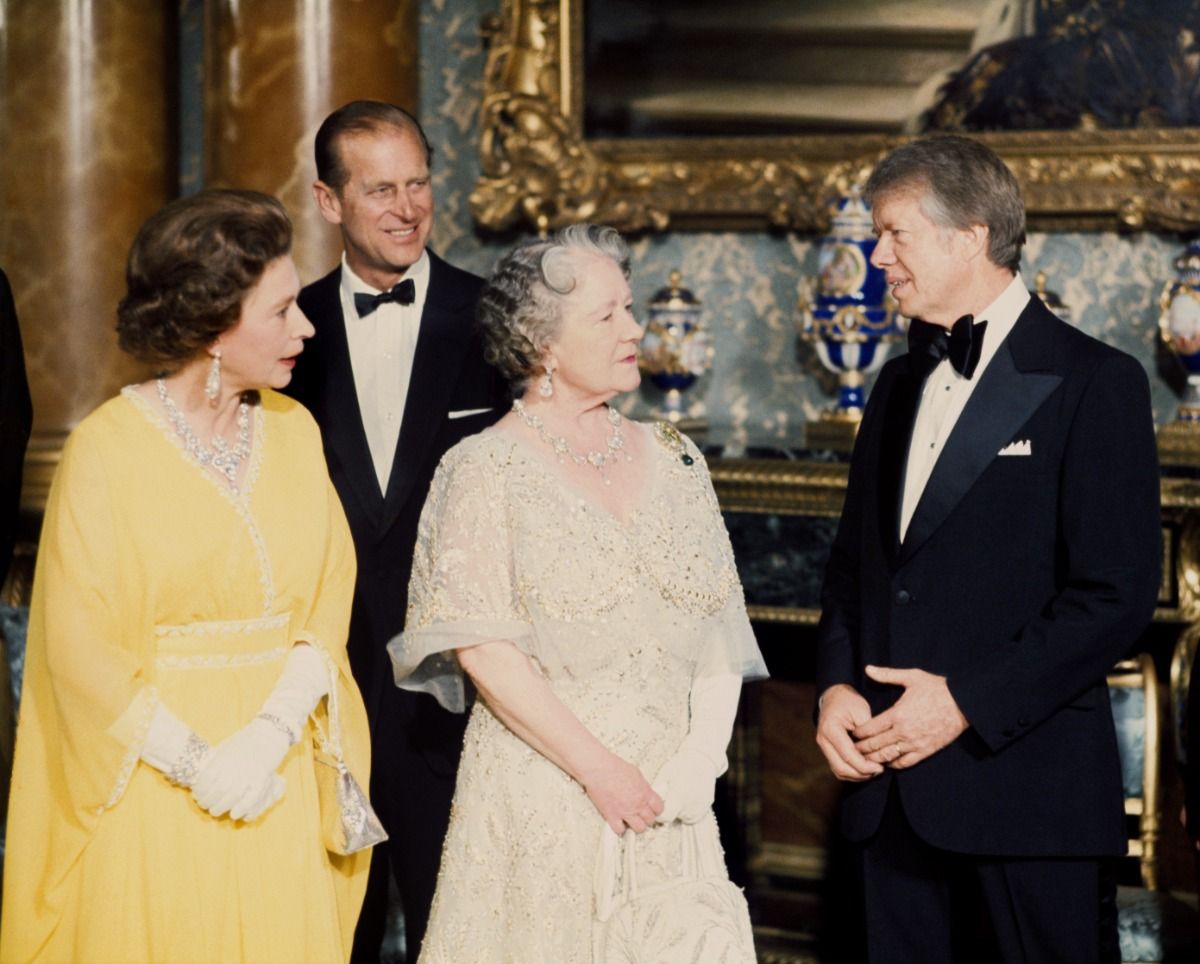
Jimmy Carter, born James Earl Carter Jr. on October 1, 1924, is an American politician who served as the 39th President of the United States from 1977 to 1981. Before his presidency, Carter served as a Georgia State Senator and Governor, focusing on issues of civil rights, education, and energy conservation. As President, Carter is known for his commitment to human rights and peace, winning the Nobel Peace Prize in 2002 for his efforts in brokering peace in conflict-torn countries. Carter also established the Department of Energy and Department of Education during his presidency, reflecting his dedication to sustainable energy and improving educational standards in the United States. Despite facing challenges such as an energy crisis and economic turmoil during his time in office, Carter’s legacy has been defined by his commitment to diplomacy, peacebuilding, and humanitarian efforts through his work with the Carter Center, which addresses global issues such as democracy-building, public health, and conflict resolution. After leaving the presidency, Carter has remained active in public service, continuing his advocacy for human rights, democracy, and peaceful resolutions to conflicts worldwide.
The Early Years
Jimmy Carter, the 39th President of the United States, was born on October 1, 1924, in Plains, Georgia. He grew up on a small farm where he learned the values of hard work, honesty, and compassion. After graduating from the United States Naval Academy, Carter served in the Navy and spent several years working as a peanut farmer. His experience as a farmer and businessman helped shape his views on issues such as agriculture and economic policy.
The Presidency
Jimmy Carter was elected President in 1976, defeating incumbent Gerald Ford. During his presidency, Carter focused on human rights, energy policy, and foreign relations. He brokered the Camp David Accords between Israel and Egypt, for which he won the Nobel Peace Prize. However, Carter faced challenges during his presidency, including an energy crisis, high inflation, and the Iran hostage crisis. Despite his efforts to address these issues, Carter lost his bid for re-election to Ronald Reagan in 1980.
Throughout his life, Jimmy Carter has dedicated himself to humanitarian work through the non-profit organization, The Carter Center. He has worked to promote democracy, monitor elections, and advance human rights around the world. Carter has also been involved in efforts to eradicate diseases such as Guinea worm disease and river blindness. Despite his health challenges in recent years, Carter continues to be an active voice for peace and justice in the world. His legacy as a President, diplomat, and humanitarian is a testament to his enduring commitment to making the world a better place.
 Top famous
Top famous
